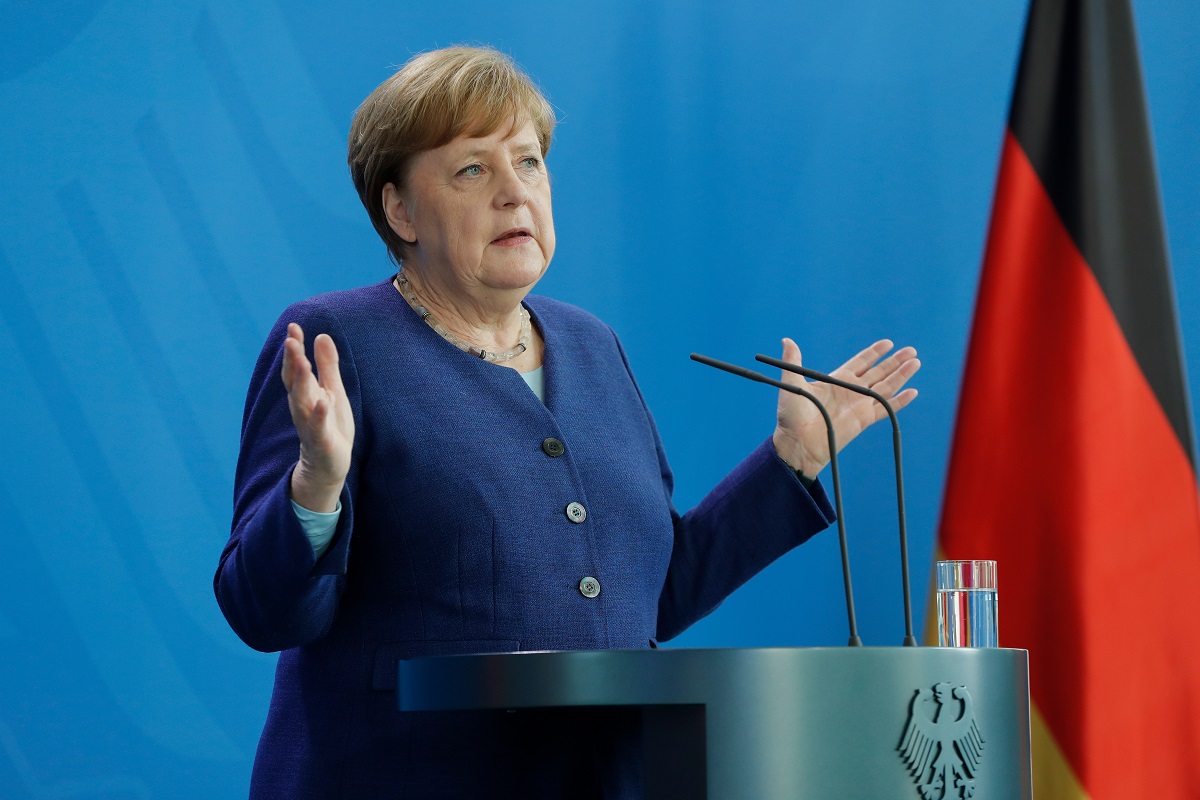As Angela Merkel gears up to take over as the rotating President of the European Union this week, the development has been greeted as “formidable” in the narrative of the EU, not the least in the context of the coronavirus pandemic in Europe and Britain’s exit from the latter-day Concert of Europe, headquartered in Brussels. For obvious reasons of history, Germany has traditionally been reluctant to be over-assertive on the European stage.
But there is little doubt that Ms Merkel will provide clear leadership in extraordinary times. And the German Chancellor appears determined to do so. Outlining her plans for the presidency recently, Ms Merkel told German MPs that “Europe needs us, just as we need Europe.”
The Brexit trade talks are likely to be treated as but one dimension of a bigger problem ~ shoring up the single market during a period of economic turmoil. No less crucially, Ms Merkel has been singularly accommodating in her attitude towards migrants from the Arab world and North Africa… when the world’s hapless were buffeted from shore to shore in Europe in their quest for hearth and home.
In Italy and Spain, the spectre of spiralling, unsustainable debt jeopardises recovery in economies that were already fragile. In Brussels, there is concern that amidst the postpandemic fallout, the crucial task of addressing the climate emergency and implementing tough green targets will not be accorded uppermost priority. Debatable too is Europe’s place in a multi-polar world, dominated by the increasingly tense rivalry between the United States and China.
Geopolitics across the continent will call for a paradigm shift. Post-epidemic, there is renewed emphasis on economic self-sufficiency, particularly in the manufacture of medicines and other key industries. The other imperative is that the European Union’s future trading relationship with Britain needs to be worked out with urgent despatch. Europe’s largest and most powerful nation can provide leadership that is necessary to face daunting challenges.
And Ms Merkel does have the ability to adapt to changing circumstances. Germany’s assured handling of the epidemic has enhanced her authority and provided the political capital to take necessary risks in what has become a crisis presidency. At the threshold of her stint as head of EU, Ms Merkel has made it clear that her most urgent priority will be to reach a “swift agreement” on a post-coronavirus recovery fund, to be financed by EU-issued debt and distributed to countries in the form of grants rather than loans.
At the European level, Ms Merkel is in favour of what she calls a “step-change” in solidarity. She has rightly warned that failure to take collective action to stabilise Europe’s torpid economies will play into the hands of anti-democratic and authoritarian forces. Germany has sometimes been criticised for “leading from behind”. For the next six months, Ms Merkel will be leading from the front.











